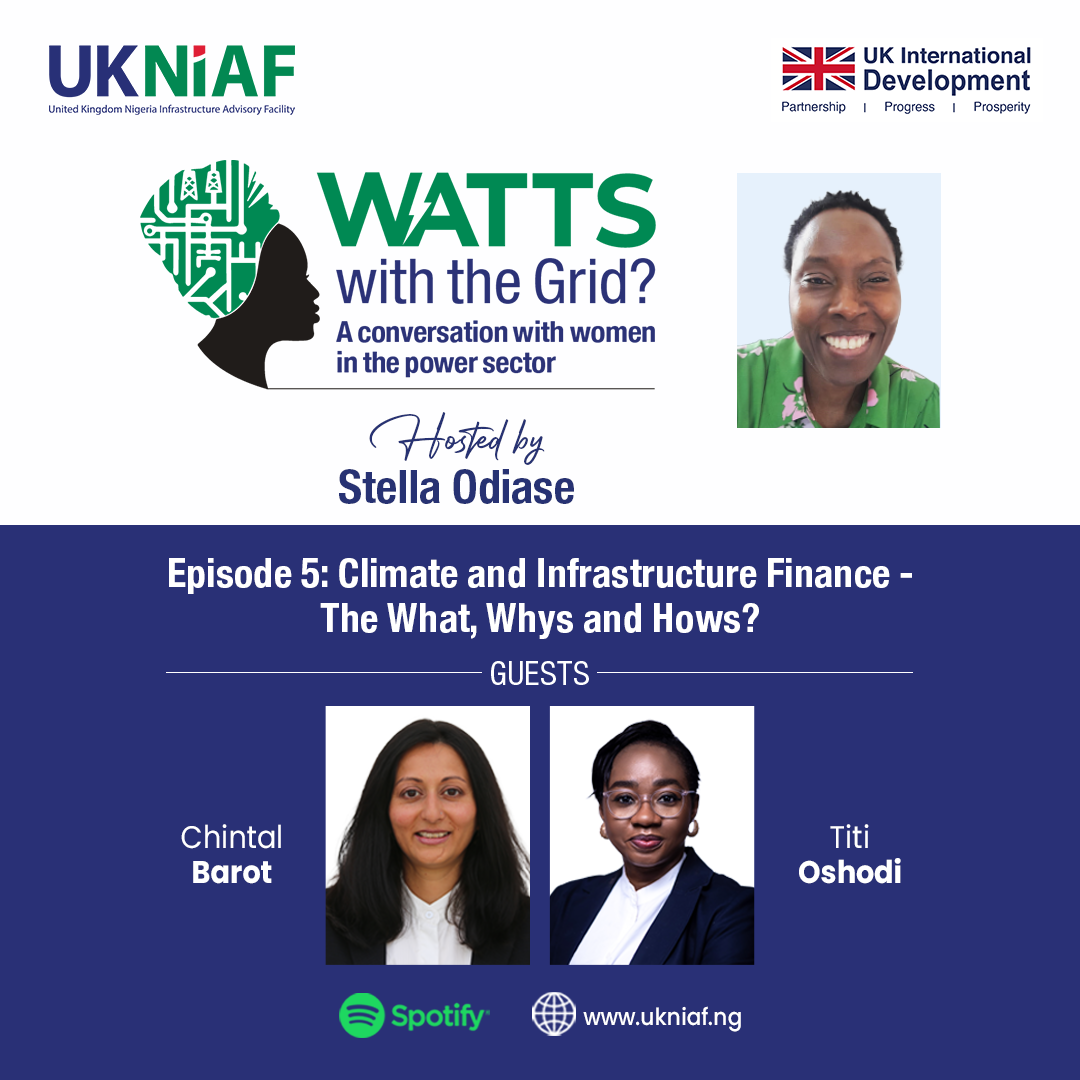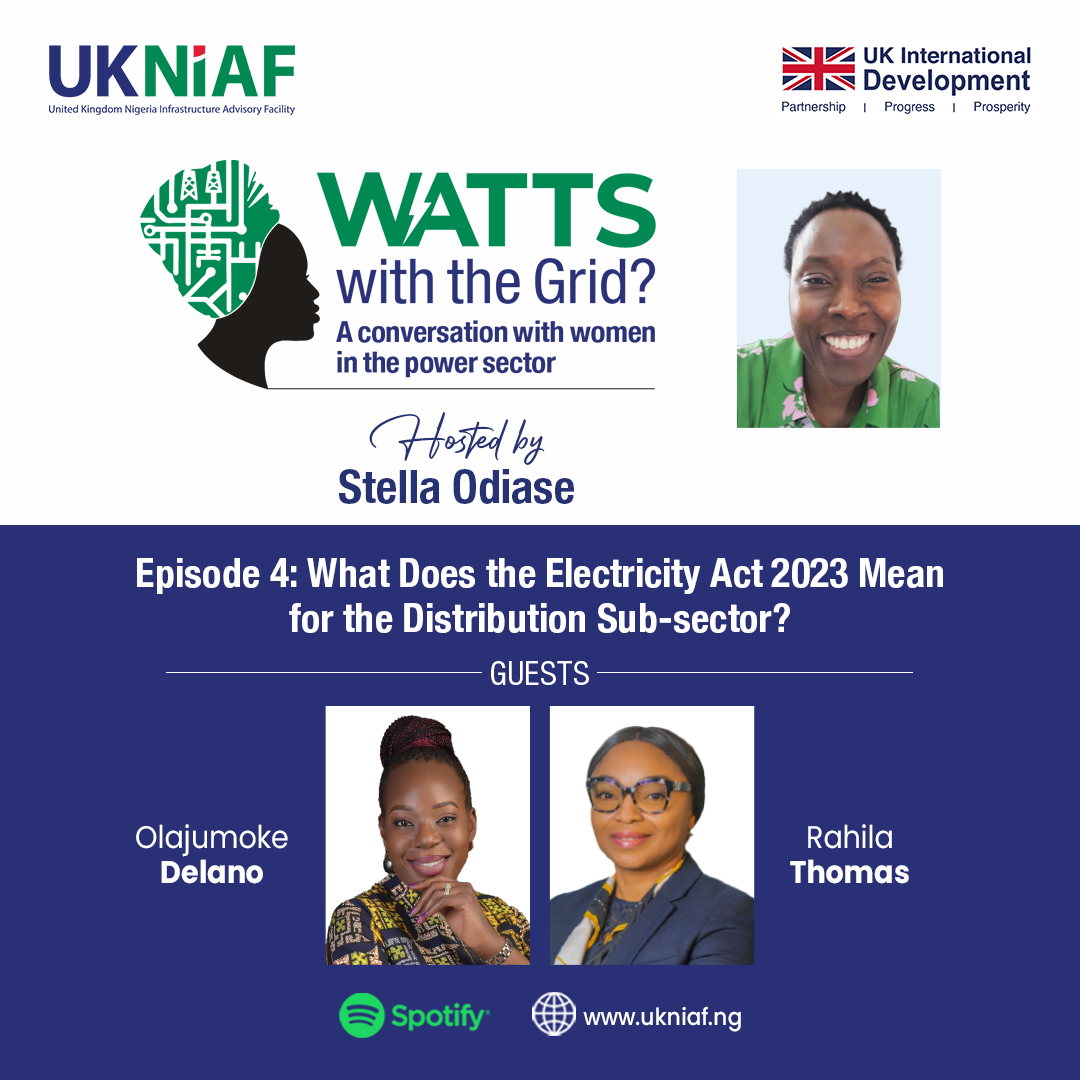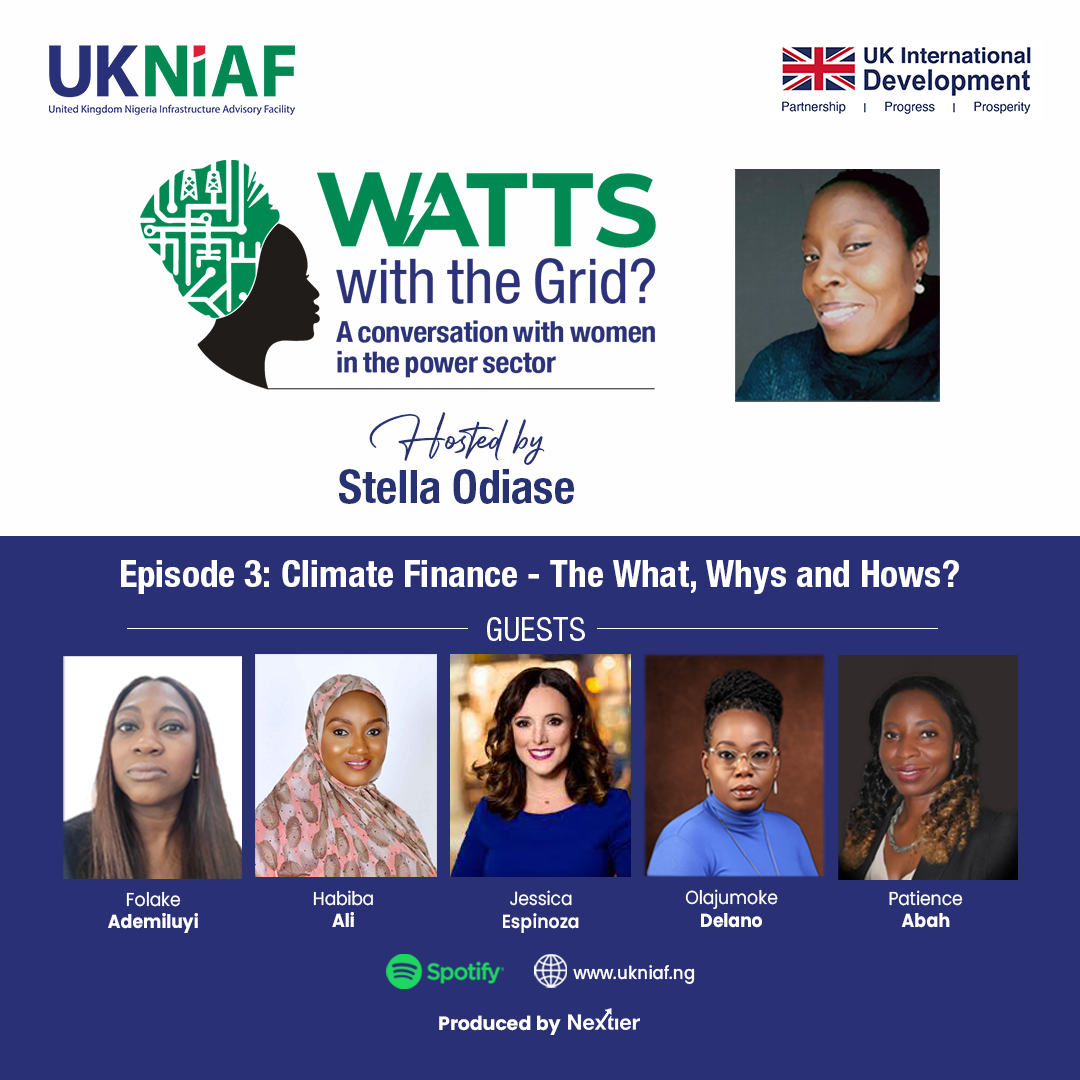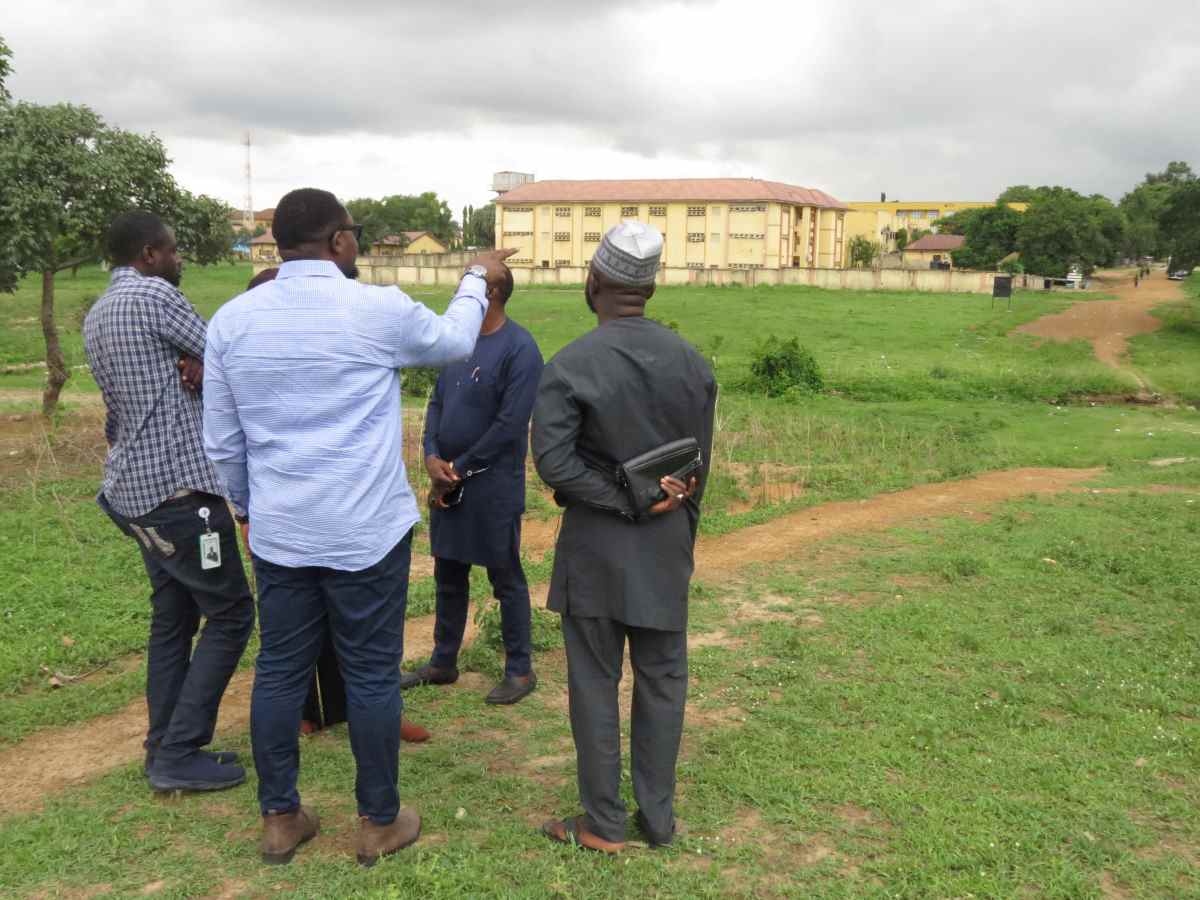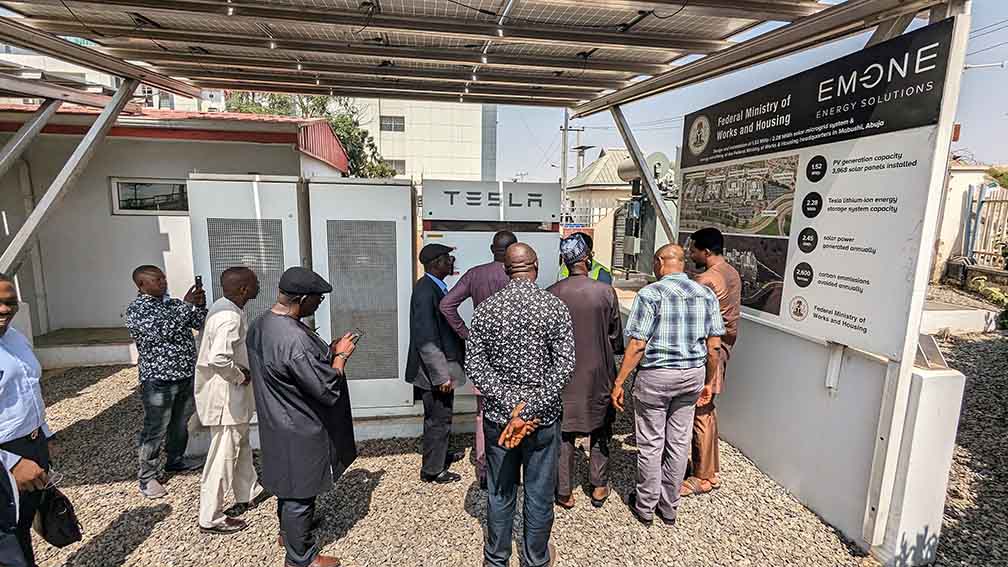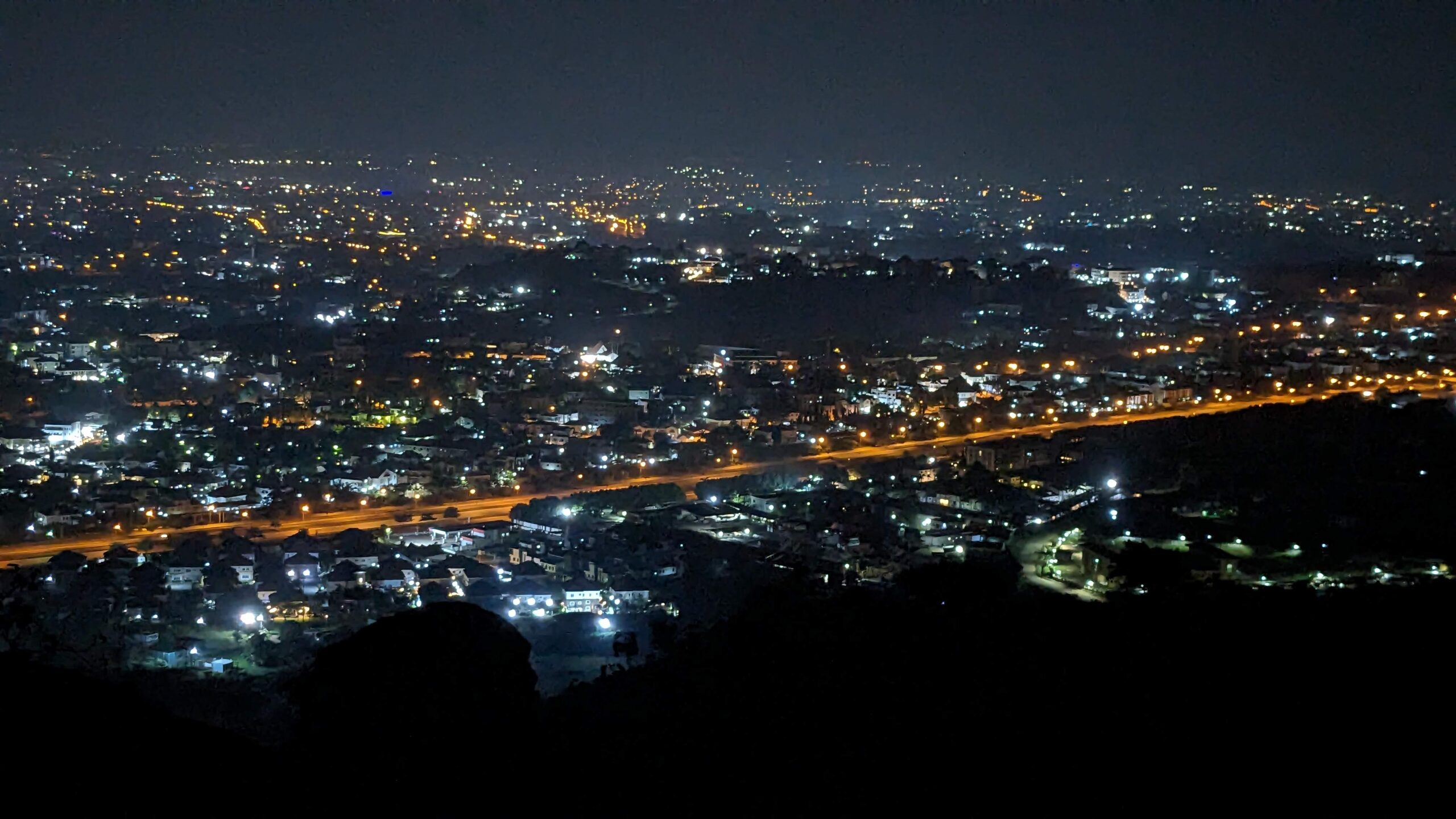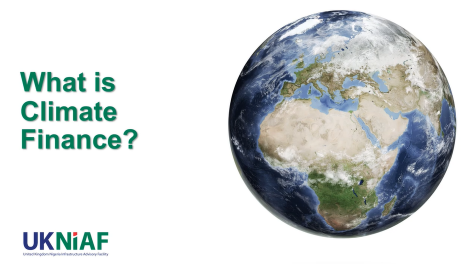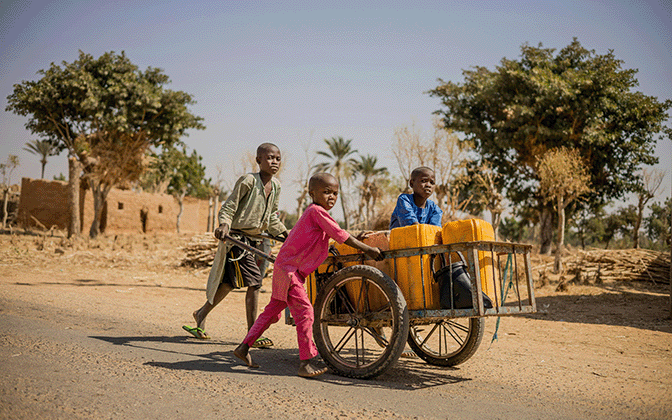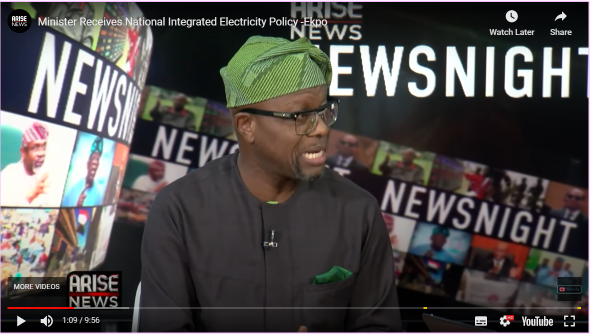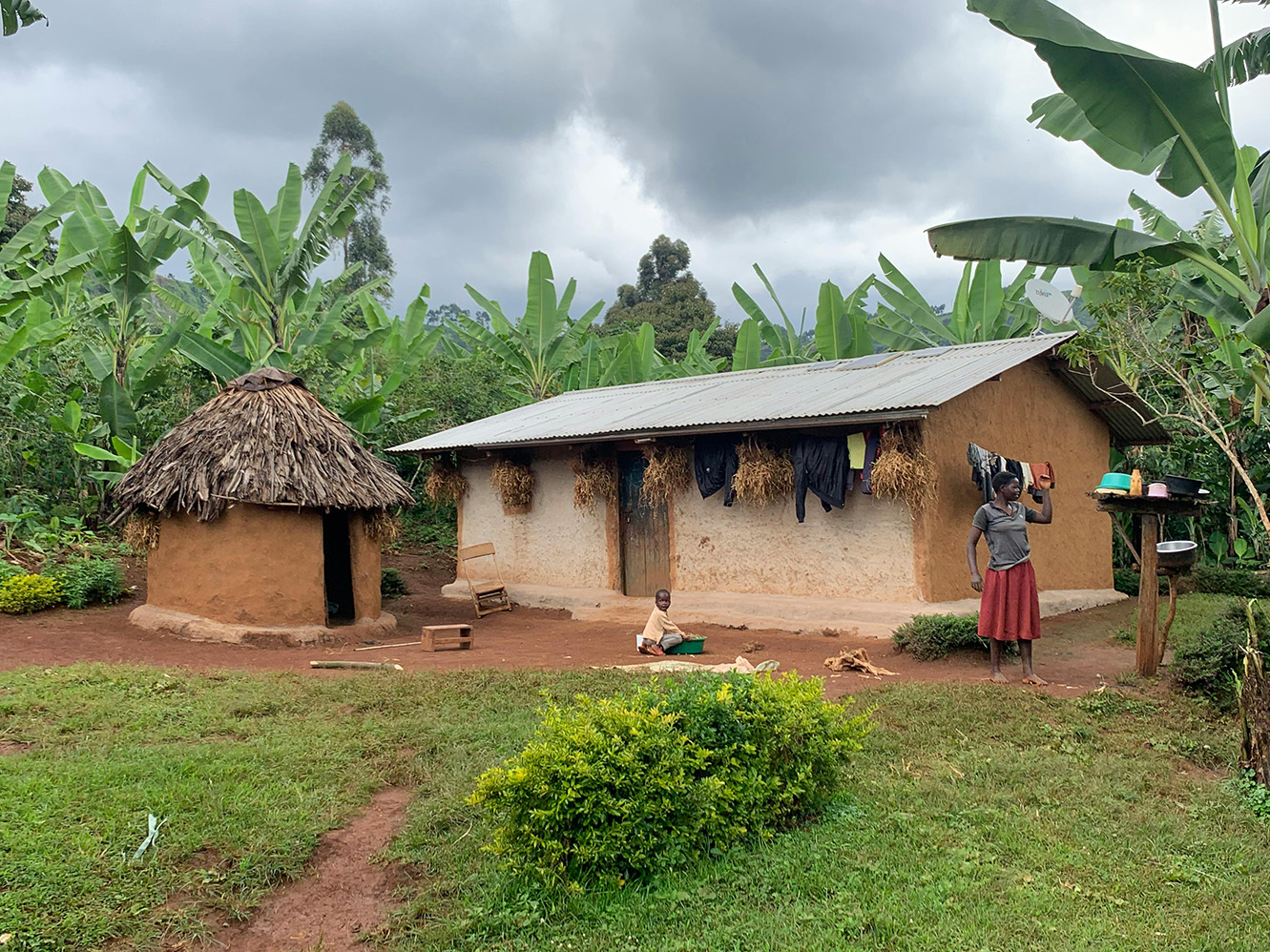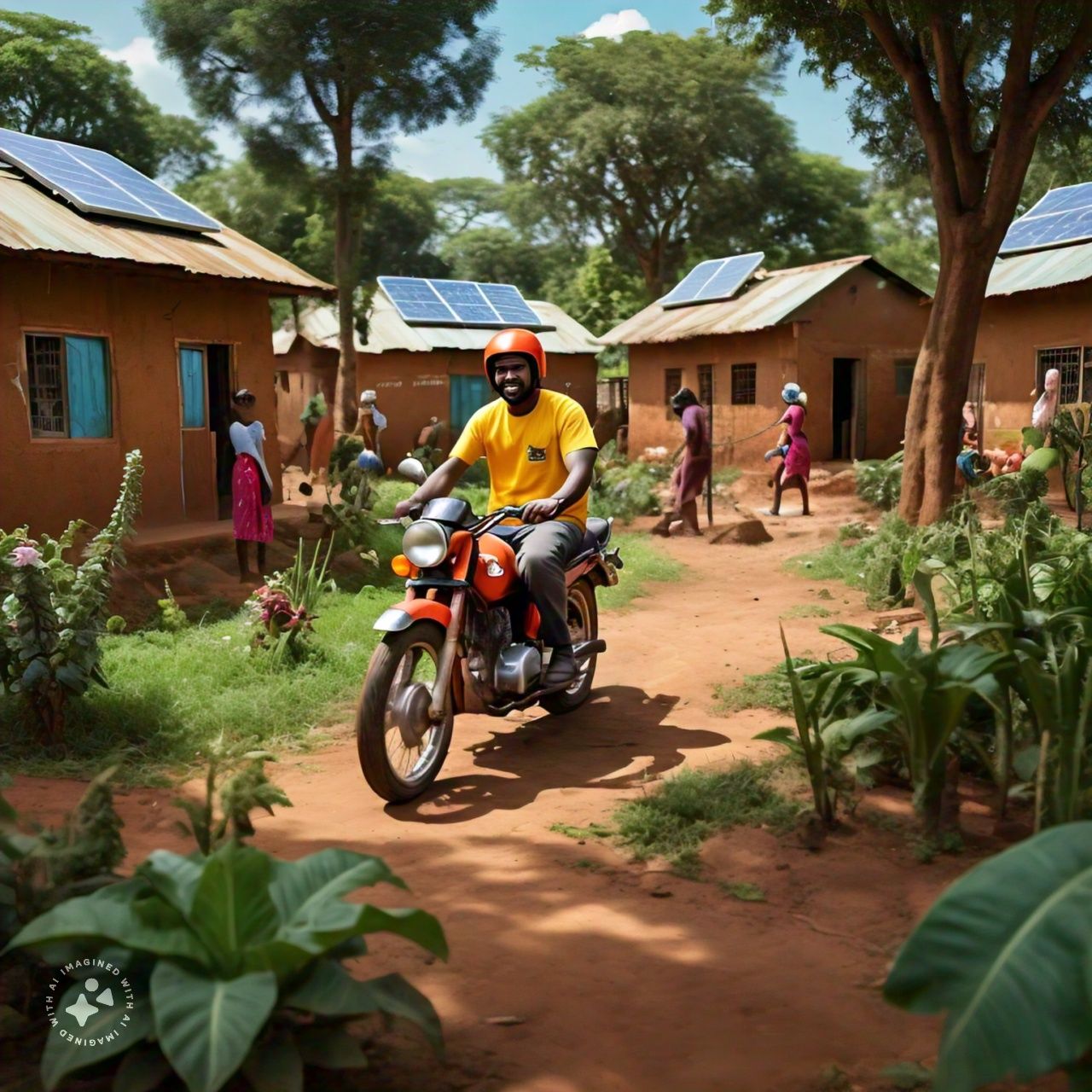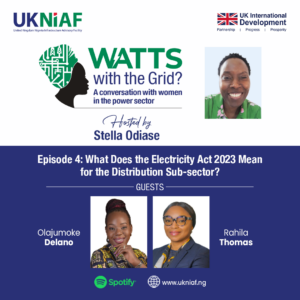To solve the problem of poor coordination in the electricity industry, the Nigerian Electricity Regulatory Commission (NERC), with full support from and in collaboration with the Federal Ministry of Power (FMoP), is developing an Integrated Resource Plan (IRP). This plan would present a pathway for Nigeria’s energy security and transition to low-carbon energy. UKNIAF is providing Technical Assistance to both FMoP and NERC in this development.
NERC steers power sector development towards meeting the country’s NDC goals and the ETP and requested UKNIAF assistance in developing the IRP. This would help determine the power sector needs and prepare the Ministry of Power for its essential role in implementing the IRP.
Full engagement and alignment of all key stakeholders is a crucial success factor in developing an IRP. To achieve this, all of the above stakeholders, together with the UK Foreign Commonwealth and Development Office (FCDO) and UK-Partnering for Accelerated Climate Transitions (UK-PACT), organized a stakeholders’ workshop in March 2022.
A key highlight of the workshop was the breakout session, where participants brought forward contributions that could serve as an essential guide to the development of an IRP.
The workshop attendees included representatives from the Federal Ministry of Power, NERC, the Federal Ministry of Finance, Budget and National Planning, the Federal Ministry of Environment, the Federal Ministry of Water Resources, the Energy Commission of Nigeria, Distribution Companies, and Generation Companies. The Lagos State Honourable Commissioner for Energy and Mineral Resources, Mr Olalere Odusote, also attended and shared his experience with the Lagos State IRP.
The World Bank, the GiZ/Nigeria Energy Support Programme, and USAID’s Nigeria Power Support Program represented international donors.
The workshop introduced approaches and best practices in developing IRPs and examined early ideas and thinking about structures that would be appropriate for the Nigerian context. The workshop also explored the common ground among critical stakeholders in the industry, identifying previous and ongoing work relevant to IRP development and outlining different views and their underlying nuances. Within the context of Nigeria’s NDCs and the ETP, specific low carbon transition scenarios were presented for stakeholders to think about, given the commitment to ensure that Just Transition principles would be adhered to, including the adoption of Gender Equity and Social Inclusion approaches.
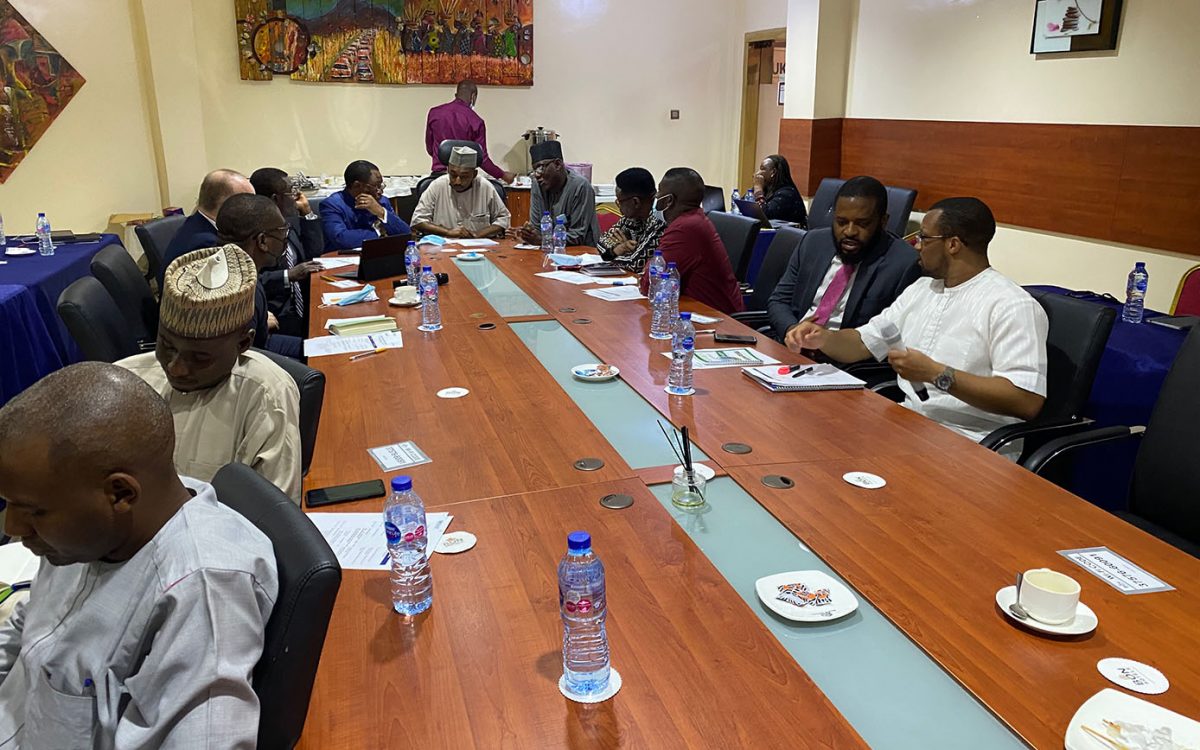
The contributions highlighted many issues and challenges that would need to be addressed for a successful IRP development. These included political will and resources required to move the IRP process forward, data availability, reliability, and accuracy, focus on energy access and security, and collaboration amongst groups with different roles in the power value chain. The workshop further highlighted several policies, reports, and other vital data that have been created by various organizations in the power (and energy) sectors but that most of these haven’t been brought together in a unified plan for the sectors.
It was agreed that:
- More consultations are needed to reach those who were unable to attend (such as NBET and TCN)
- More conversations and deeper dives are needed around issues such as Gender Equity and Social Inclusion and how they might best be framed in a Nigerian IRP.
- UKNIAF and FMoP to consider including the Nigerian Governor’s Forum as a stakeholder group.
With the recognition that an effective IRP must be participatory and engaging of all stakeholders, the IRP will need more than one policy change champion. As a next step, therefore, UKNIAF will need to continue to engage with all stakeholders in a language that they can easily understand to ensure broad-based ownership.

